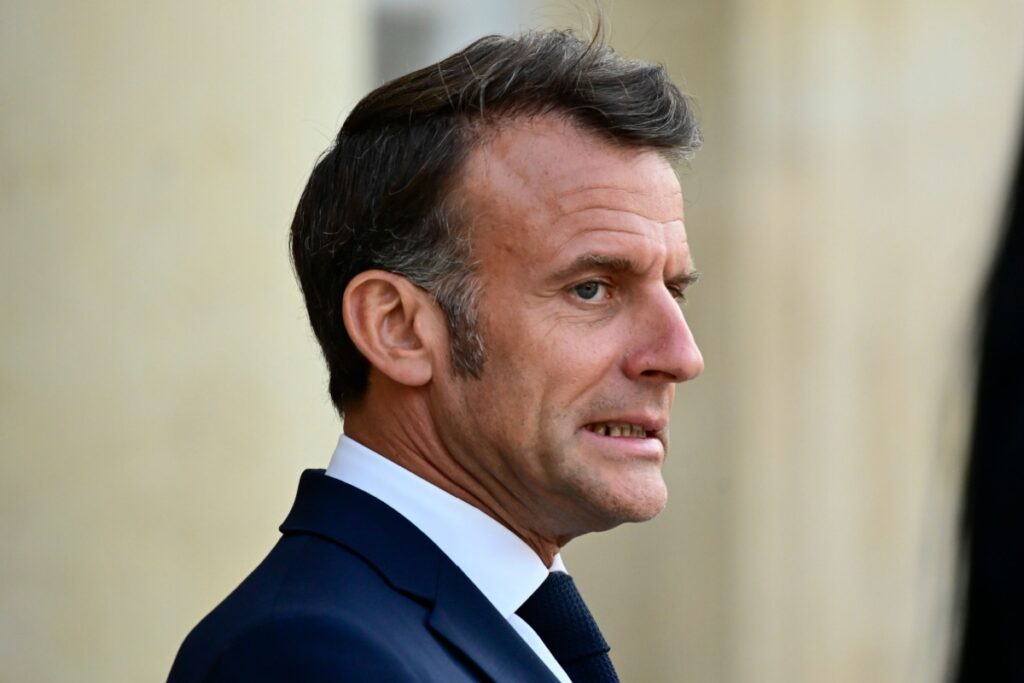France finds its public finances under severe strain as the government grapples with simultaneous political stalemate and mounting expenditures. The deadlock stems from President Emmanuel Macron’s inability to push through reforms following Parliamentary opposition, forcing the state to rely instead on emergency measures. Analysts warn that this lack of clear direction has weakened investor confidence and exacerbated pressure on the French budget.
The parliament’s resistance has centered on contentious reforms to pensions and public sector wages. Macron’s administration, lacking a commanding parliamentary majority, has increasingly resorted to executive decrees and provisional spending allocations. This governance model has left major economic decisions vulnerable to criticism and legal challenge, further destabilizing confidence in France’s fiscal stewardship.
Rising Costs and Geopolitical Pressure
Concurrently, France is absorbing economic shocks from external turbulence. Escalating global energy prices, inflated by the war in Ukraine, have forced the French state to channel funds into subsidies and compensation programs. Paris has also committed significant aid and logistical support to Ukraine, a move that, while politically motivated, heightens the burden on France’s budget.
Trade tensions have further complicated matters: the European Union’s imposition of tariffs on U.S. goods, particularly on metals and agricultural exports, has provoked retaliatory measures from the United States. These countermeasures are projected to shave off billions in French export revenue. The combination of higher import costs, energy subsidies, and lower export inflows has squeezed the margins for policymakers.
Inflation Pressures Erode Fiscal Space
Domestically, France is contending with inflation figures hovering near 7 percent, a rate driven largely by energy and food costs. Wage demands, already rising in public and private sectors, increase pressure on government spending, especially in the face of politically sensitive social benefits.
Public debt, already high, has nudged France toward Europe’s fiscal limits. The government’s debt-to-GDP ratio is estimated to exceed 110 percent, raising concerns in Brussels about compliance with the EU’s Stability and Growth Pact. The European Commission has reportedly flagged France for potential violation of deficit rules if intervention is not forthcoming.
Macron’s administration, having postponed structural adjustments, now must balance urgent fiscal consolidation with growth support. Some economists argue that pushing austerity too hard would risk stalling the fragile economic recovery. Others insist the government must act quickly to anchor credibility in global capital markets.
Governance Options Under Scrutiny
Faced with limited room for maneuver, Macron’s government contemplates several strategic options. One possibility is a renewed round of tax increases, targeting high incomes and corporate profits. Another is deeper cuts to public spending, particularly within social assistance and infrastructure programs.
Yet both paths carry political risk, especially in a divided legislature. Opposition parties have already pledged to thwart aggressive budget cuts and major tax hikes. Parliament may block such measures or force constitutional confrontations. Some observers suggest that Macron could call a snap election to seek a clearer mandate—though that choice entails major uncertainty in a polarized political environment.
Other European capitals are watching closely. A prolonged French crisis may strain the broader Eurozone, potentially raising borrowing costs for peripheral nations. Investors also fear contagion to neighboring economies if Paris loses market confidence.
At present, France remains in a precarious state: with heightened fiscal pressures and constrained political authority, its leadership must navigate a narrow corridor between crisis and stability. The choices made in coming weeks may define the trajectory not just for Paris, but for the eurozone as a whole.


